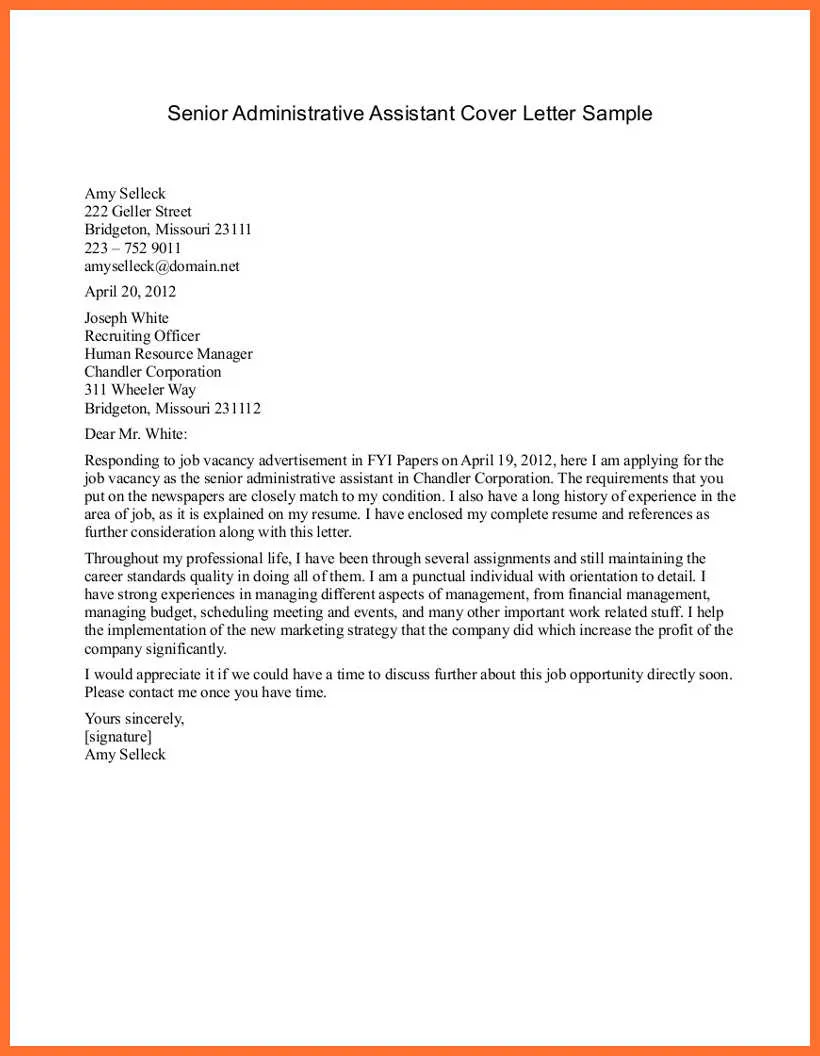Understanding Cover Letter Basics
A cover letter is a crucial document that accompanies your resume when applying for a job. It serves as your introduction to the hiring manager, providing an opportunity to showcase your personality, skills, and enthusiasm for the position. Unlike a resume, which presents a factual summary of your experience, a cover letter allows you to elaborate on your qualifications and explain why you are the ideal candidate. The best cover letters are tailored to each specific job application, demonstrating your understanding of the role and your genuine interest in the company. This initial impression can significantly influence whether you get an interview, highlighting the importance of crafting a compelling and well-written cover letter to increase your chances of success.
What is a Cover Letter?
At its core, a cover letter is a formal document that introduces you to a potential employer. It provides context to your resume, offering a narrative that explains your career goals, motivations, and why you’re a good fit for the job. Think of it as a personalized sales pitch that highlights your relevant skills and experiences while demonstrating your understanding of the company’s needs. The cover letter should not simply reiterate what is already in your resume. Instead, it should expand on your qualifications, providing specific examples and showcasing how your skills align with the job requirements. Well-written cover letters are concise, professional, and tailored to the specific job you are applying for.
Why Cover Letters Matter
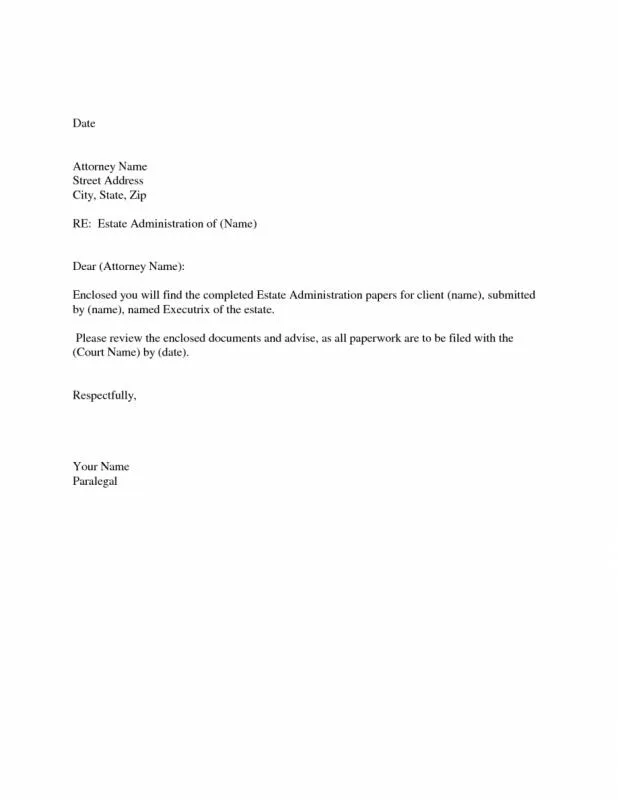
Cover letters are vital for several reasons. They offer the opportunity to tell a story, personalize your application, and make a strong first impression. They allow you to address any gaps in your resume, such as career changes or periods of unemployment. A cover letter also demonstrates your communication skills, attention to detail, and genuine interest in the role and company. Many employers consider a cover letter a mandatory part of the application process and may automatically discard applications that do not include one. Even if not required, a well-crafted cover letter can give you a significant advantage over other applicants, setting you apart from the competition and increasing your chances of landing an interview.
Essential Elements of a Cover Letter
A good cover letter typically includes the following elements a professional header with your contact information and the date, a formal greeting to the hiring manager or the specific person named in the job posting, a compelling introduction that grabs the reader’s attention and states the position you are applying for, the main body paragraphs that highlight your relevant skills, experience, and accomplishments while providing specific examples, a strong conclusion that reiterates your interest and includes a call to action, such as requesting an interview, and a professional closing with your signature. Each element should be carefully crafted to align with the job requirements and demonstrate your value to the company. Remember to keep it concise and easy to read.
Top 5 Simple Cover Letter Samples
Sample 1 Entry Level Cover Letter
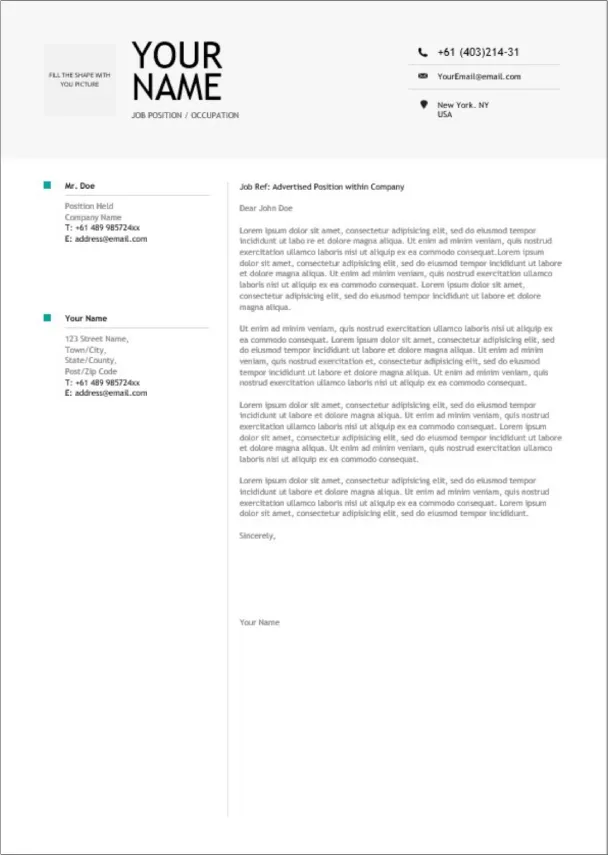
This sample is ideal for recent graduates or those with limited work experience. The focus should be on academic achievements, internships, volunteer work, and transferable skills. It’s critical to showcase any relevant projects, coursework, or extracurricular activities that demonstrate your abilities. Keep the tone enthusiastic and highlight your eagerness to learn and contribute to the company. The goal is to show that even without extensive experience, you possess the skills and motivation to excel in the role. Be sure to emphasize your adaptability and willingness to take on new challenges, making you a valuable asset to the team.
Key Takeaways for Entry Level Applicants
- Highlight academic achievements and relevant coursework.
- Emphasize transferable skills (communication, teamwork, problem-solving).
- Showcase internships, volunteer work, or extracurricular activities.
- Express enthusiasm and a willingness to learn.
- Tailor the letter to the specific job and company.
Sample 2 Cover Letter for Experienced Professionals
This sample should showcase a track record of accomplishments and leadership roles. It should include quantifiable results and specific examples of how your skills have benefited previous employers. The focus is on demonstrating your ability to achieve results and drive success. Use action verbs to describe your responsibilities and achievements, highlighting your contributions and the impact you’ve made in your previous roles. The tone should be confident and professional, emphasizing your expertise and experience within the relevant field, making you a strong candidate for senior roles.
Highlighting Experience and Skills
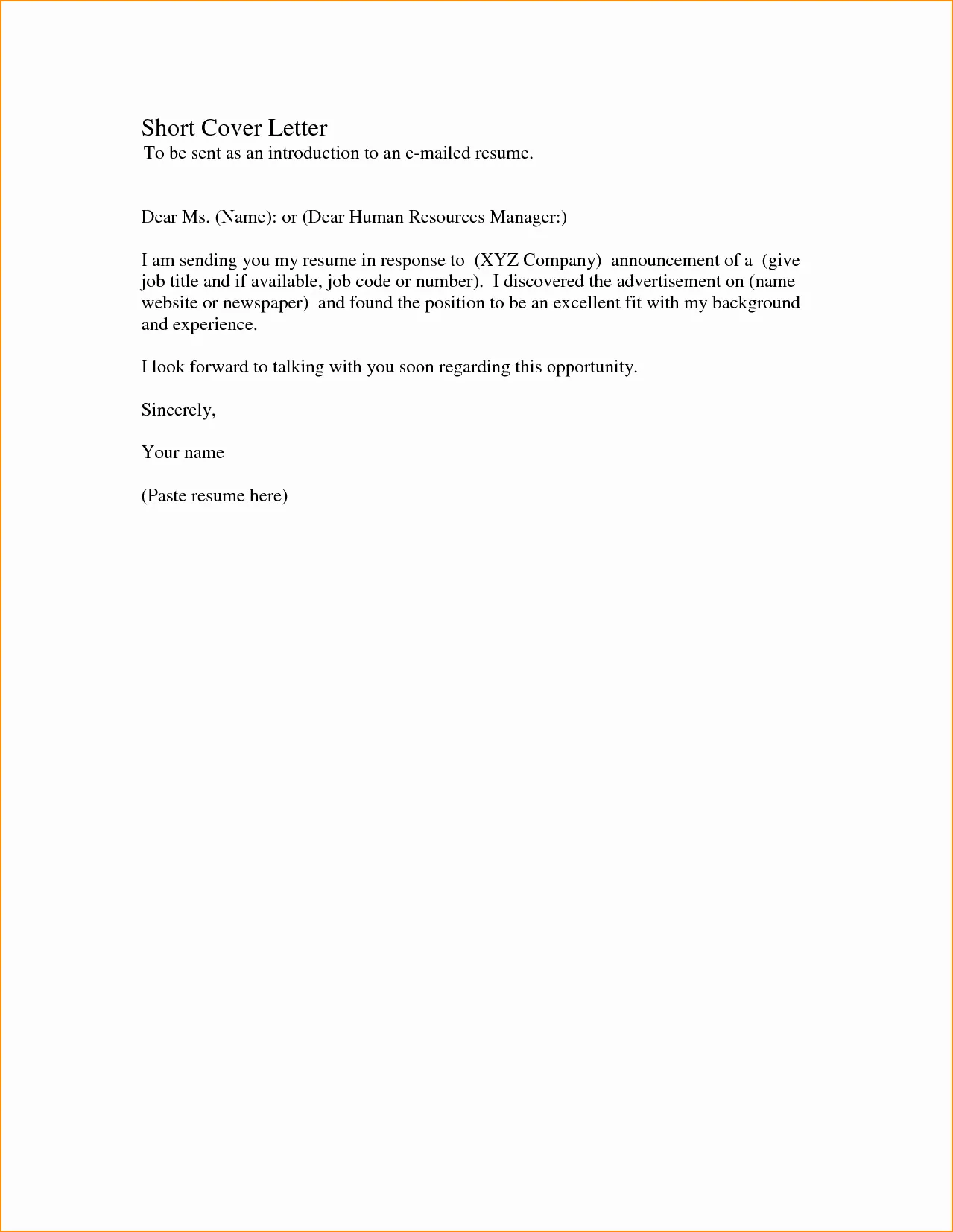
- Quantify achievements with numbers and data.
- Highlight leadership roles and management experience.
- Focus on relevant skills and expertise.
- Provide specific examples of successes.
- Showcase a track record of results.
Sample 3 Cover Letter for Career Change
If you’re changing careers, this sample should emphasize transferable skills and explain your reasons for the switch. Clearly articulate your career goals and how your existing skills align with the new role. Address the employer’s concerns about your lack of direct experience and demonstrate your enthusiasm for the new field. Focus on any relevant projects, certifications, or courses you’ve completed to prepare for the career change. Emphasize your adaptability and willingness to learn, showing that you’re committed to building a successful career in this new field, making you a dedicated candidate.
Emphasizing Transferable Skills
- Identify transferable skills from previous roles.
- Explain your reasons for the career change.
- Address any potential concerns about lack of experience.
- Highlight relevant projects or certifications.
- Showcase your adaptability and willingness to learn.
Sample 4 Cover Letter for Specific Job
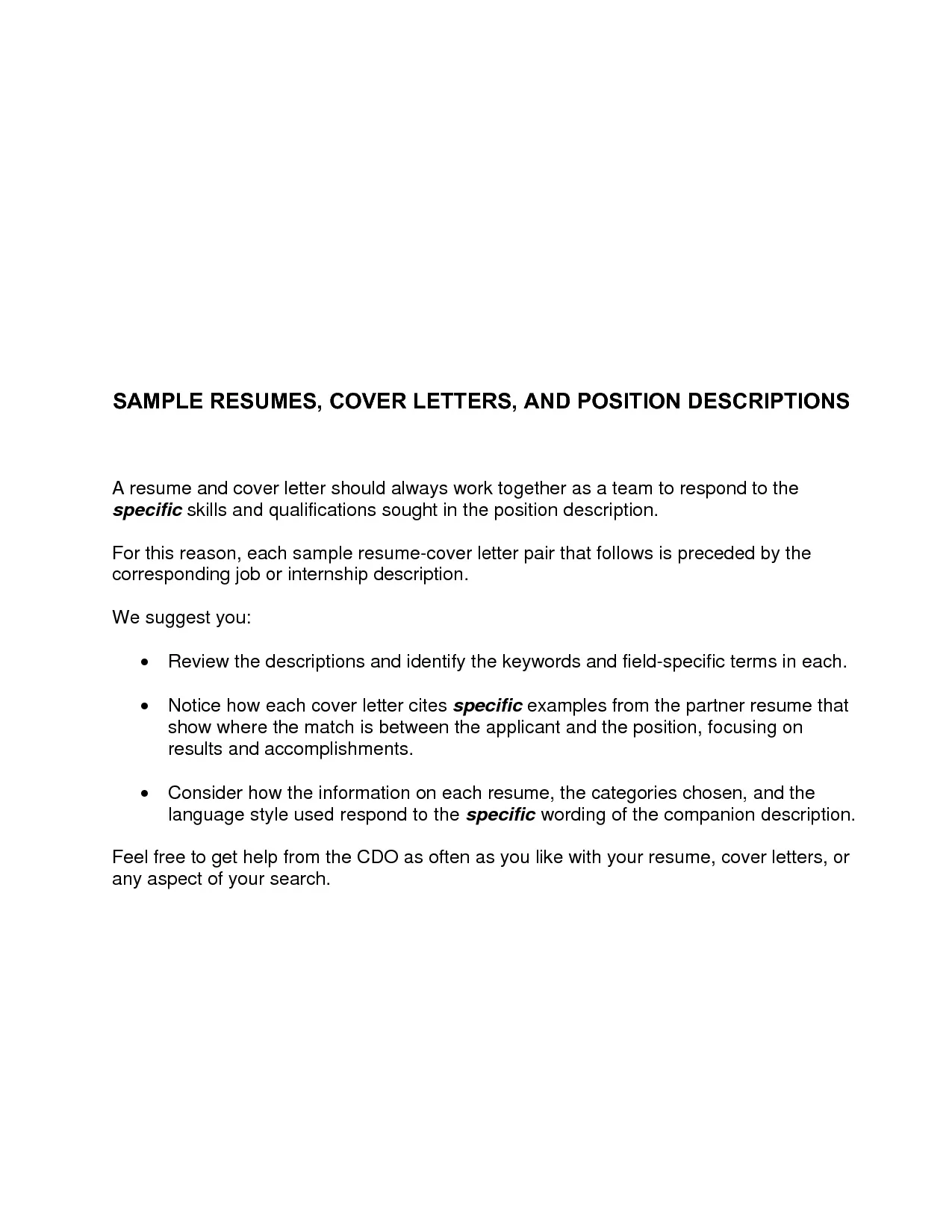
When applying for a specific job, this sample should be highly tailored to the job description. Carefully read the job posting and identify the key skills, experiences, and qualifications the employer is seeking. Use the cover letter to demonstrate how your skills and experience align with these requirements. Provide specific examples of how you have successfully performed tasks similar to those outlined in the job description. Tailor your language and tone to match the company culture and the specific requirements of the role, demonstrating your understanding of the company’s needs and your ability to meet them.
Tailoring the Letter to Job Requirements
- Carefully read the job description and identify key requirements.
- Highlight skills and experiences that align with the job posting.
- Provide specific examples of relevant accomplishments.
- Use the same keywords and phrases from the job description.
- Tailor the language and tone to the company culture.
Sample 5 Cover Letter for Networking
When networking, this sample should be used to build connections and open doors. If you know someone at the company or have attended an industry event, mention it in the cover letter. Express your interest in the company and the specific role, even if there isn’t a current opening. Highlight your skills and experience and express your willingness to learn more about the company and explore potential opportunities. Use this letter to build relationships and show your proactive approach to job searching. The goal is to initiate a conversation and explore potential opportunities.
Networking and Building Connections
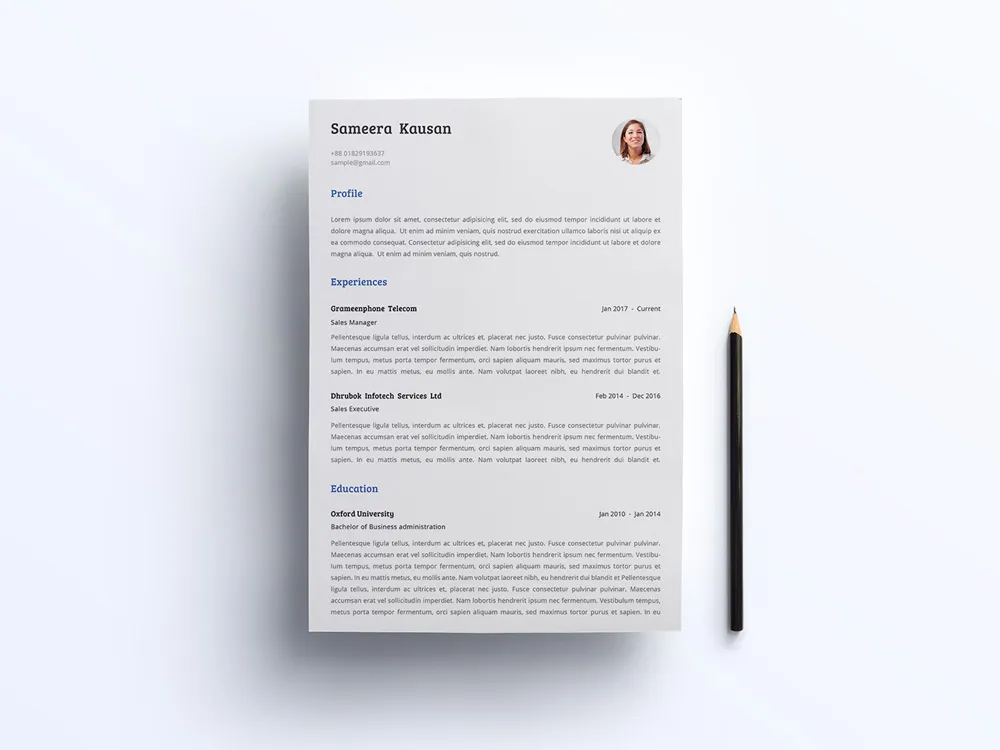
- Mention any connections or referrals.
- Express genuine interest in the company.
- Highlight your skills and experience.
- Express willingness to learn and explore opportunities.
- Initiate a conversation and build relationships.
Tips for Writing a Standout Cover Letter
Personalization and Customization
Always personalize your cover letter for each job you apply for. Avoid using generic templates that can make your application seem impersonal. Research the company and the specific role to understand their needs and tailor your letter accordingly. Address the hiring manager by name if possible, and mention specific aspects of the company or role that interest you. This level of personalization shows that you have taken the time to learn about the opportunity and are genuinely interested in the position. Making a personalized letter is the key to success.
Proofreading and Formatting
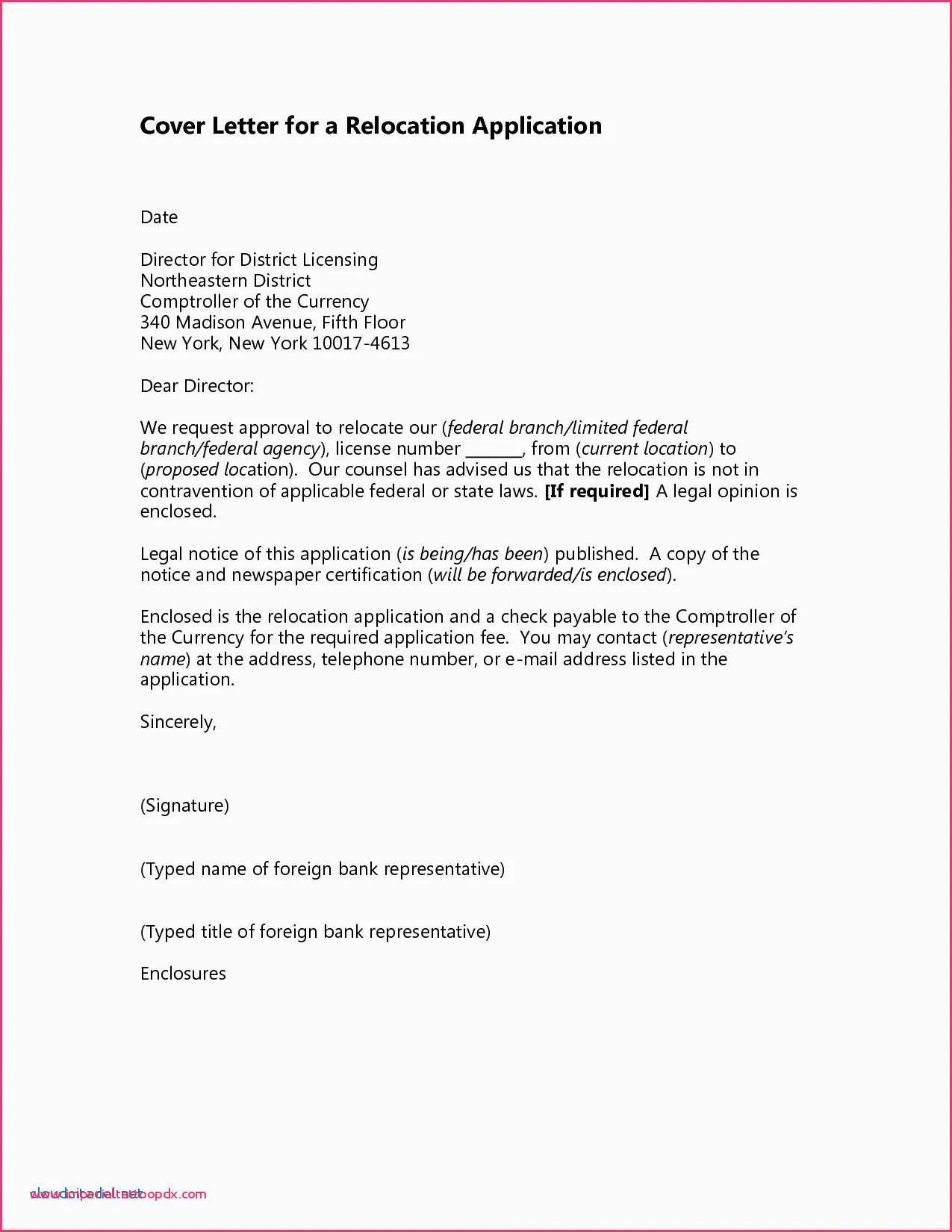
Proofread your cover letter carefully for any grammatical errors, typos, or formatting inconsistencies. Errors can undermine your credibility and make you appear unprofessional. Use clear and concise language, and ensure your formatting is consistent and easy to read. Pay attention to the font, margins, and spacing to create a visually appealing document. A well-formatted and error-free cover letter demonstrates your attention to detail and professionalism, increasing your chances of making a positive impression.
Call to Action and Closing
End your cover letter with a clear call to action, such as requesting an interview or expressing your interest in discussing the opportunity further. Thank the hiring manager for their time and consideration. Use a professional closing, such as “Sincerely” or “Best regards,” followed by your name and contact information. Make sure your contact information is up-to-date and easy to find. A strong closing leaves a lasting positive impression and encourages the hiring manager to take the next step in the hiring process, moving you closer to the job.
